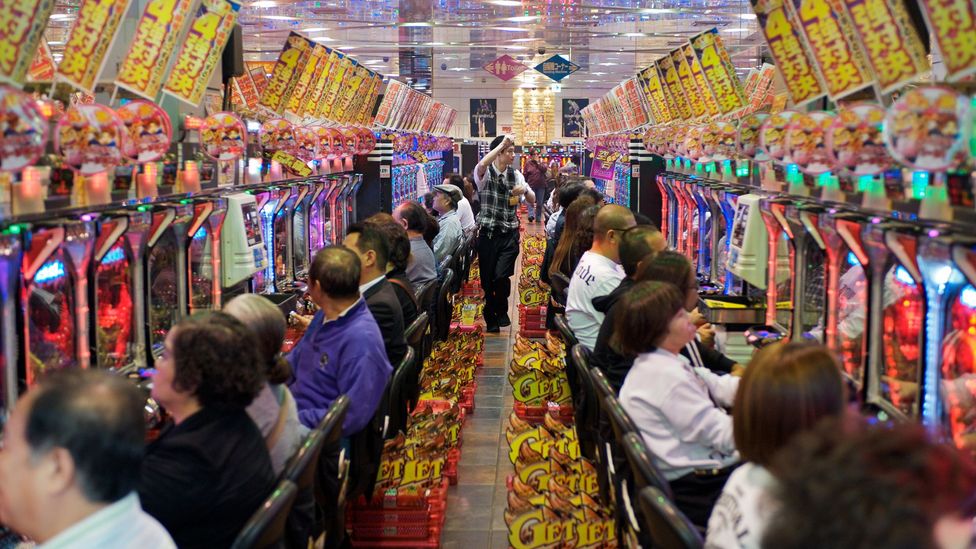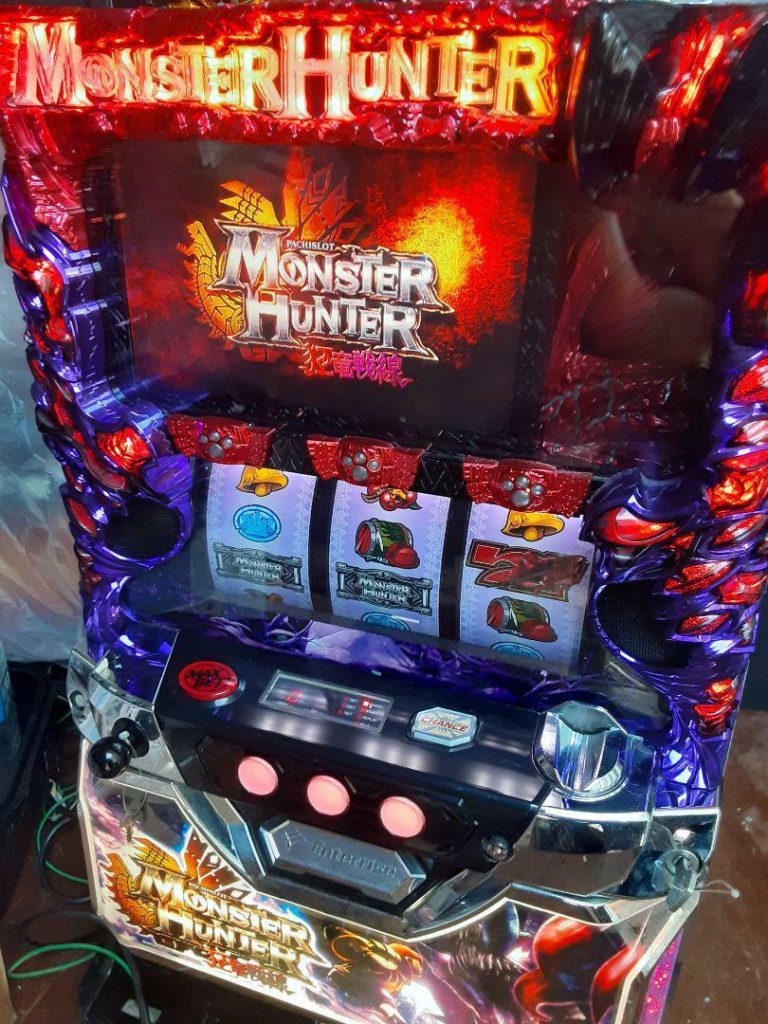The number of pachinko parlors in Japan will decrease to approximately 5,900 by 2028, and the total installations of pachinko and pachislot machines will decline to around 3.08 million units, research conducted by the Yano Research Institute shows.
Once dubbed the “30-Trillion-Yen industry,” the pachinko sector has been in “steady decline since the mid-2000s”, indicate the results of the study by the Japanese market research company.
The research, conducted between November and December 2023, involved a variety of stakeholders, including pachinko players, operating companies, and gaming machine manufacturers.
The forecasts considered multiple scenarios—aggressive, mid-level, and conservative—encompassing key indicators such as the number of pachinko parlors, machine installations, market size, and participant demographics.

According to the institute, regulatory changes implemented in 2018 required operators to replace older pachinko and pachislot machines with updated models by January 2022. This transition placed a financial burden on operators, and the subsequent COVID-19 pandemic further exacerbated industry stagnation.
As of the end of 2023, the number of pachinko parlors had declined by 526 from the previous year, totaling 6,839 parlors. The number of pachinko parlor operators also fell, with a decrease of 228 companies (11.1 percent) to 1,825. Corporate groups operating these parlors decreased by 171, down 10.6 percent to 1,447.
Long-term decline

In 2023, pachinko machines in Japan generated in total JPY8.2 trillion ($53.1 billion), while pachislot machines generated JPY7.5 trillion ($48.71 billion), with the total representing less than half the level from around two decades ago.
This long-term decline was attributed to the sluggish economic environment surrounding the pachinko industry.

The “smart pachislot,” released in November 2022, was said by the institute to have gained popularity, revitalizing a previously stagnant pachislot business, as players in their 20s to 40s are particularly drawn to these machines, especially those featuring anime characters.
Smart pachislot machines utilize digital medals instead of physical ones, while smart pachinko machines circulate balls within the machine, allowing players to play without touching them. Revised regulations have enabled a greater diversity of game designs for these smart machines.
However, despite the introduction of Smart Pachi-Slot machines in November 2022, which allow for play without physical gaming medals, the overall trend indicates a gradual market contraction.
In 2022, parlor closures had increased to 774, significantly higher than the 639 closures in 2021. Although the number of closures lessened in 2023, the pace of decline remained high. Notably, 116 new pachinko parlors opened in 2023, exceeding 100 for the first time in three years, primarily due to strong sales of “smart pachislot” machines.
The research forecasts that the number of pachinko parlors will continue to decline, reflecting the challenges faced by smaller establishments and the ongoing consolidation within the industry.
‘The declining number of parlors, installed machines, and active players suggests continued challenges ahead’, the research added.



